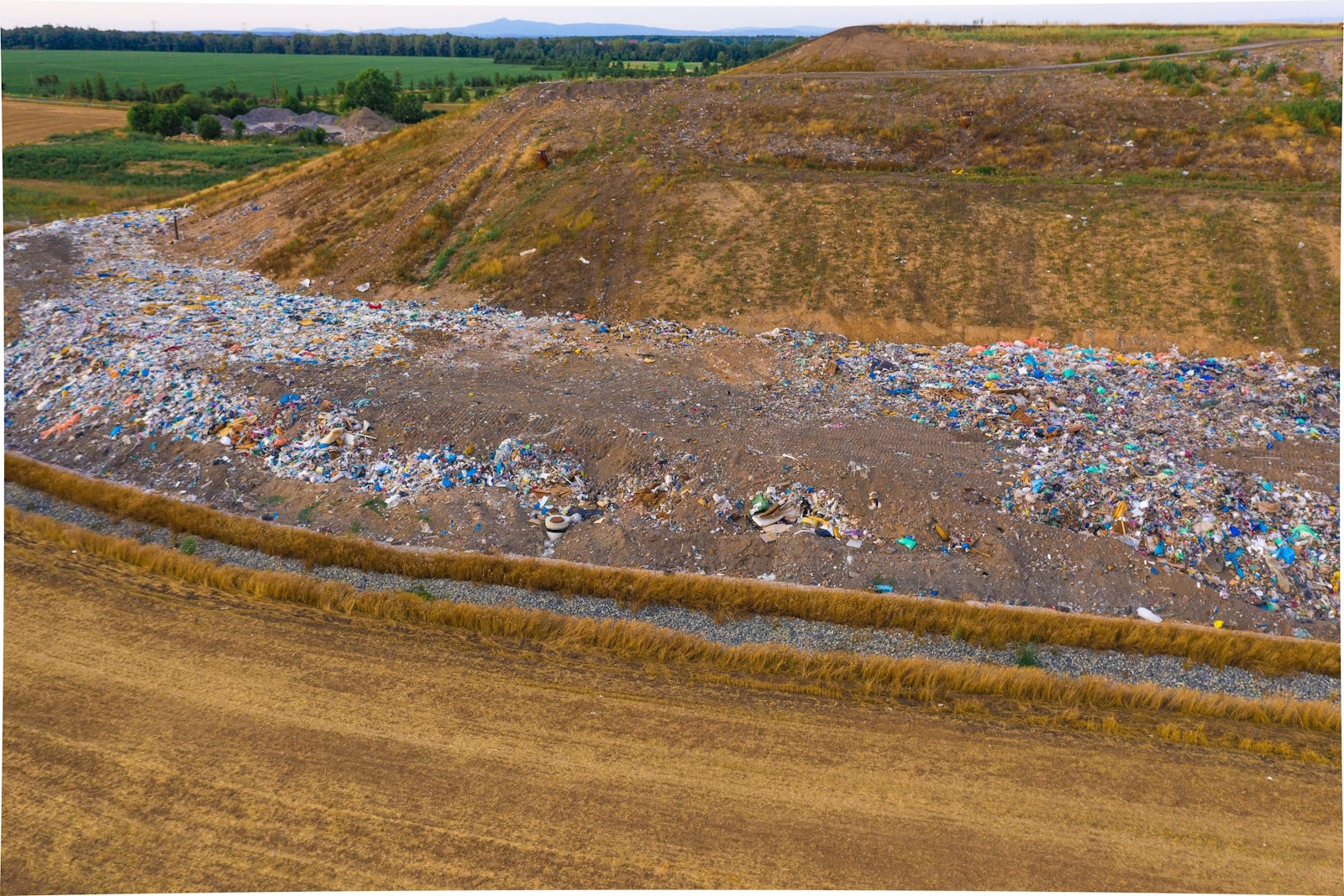Waste Management Company in South Africa: Leachates
South Africa’s landfills are a silent battleground where environmental protection and waste control collide. Central to this challenge is leachate—the hazardous liquid that forms when water percolates through decomposing waste. For any responsible waste management company in South Africa, addressing leachate is not only a regulatory necessity but a vital aspect of environmental stewardship.
Understanding Leachate and Its Hazards
Leachate is the liquid that forms when rainwater filters through waste in landfills, dissolving various contaminants. This liquid often contains harmful substances such as heavy metals, organic pollutants, and pathogens, posing significant risks to soil and water systems. If not properly managed, leachate can infiltrate groundwater sources, leading to contamination that affects drinking water supplies and agricultural activities. Every waste management company in South Africa must confront this challenge as part of their landfill operations, particularly given the country’s constrained freshwater supplies.
Impact on Groundwater Resources
Groundwater contamination from leachate is a pressing concern in South Africa. Studies have shown that leachate can migrate from landfills into surrounding aquifers, introducing pollutants that compromise water quality. For instance, research conducted near Johannesburg’s Robinson Deep Landfill highlighted the potential for leachate to reach and pollute groundwater, emphasising the need for robust containment and treatment measures.
Landfill Classifications and Regulatory Framework
South Africa’s approach to landfill management is guided by the National Environmental Management: Waste Act (NEMWA) and the associated National Norms and Standards for Disposal of Waste to Landfill. Landfills are classified into four categories based on the type of waste they handle and the required containment measures:
- Class A: Designed for hazardous waste, requiring the most stringent containment systems.
- Class B: For general waste with moderate hazard potential.
- Class C: Handles waste with low hazard potential.
- Class D: For inert waste with negligible hazard.
Each classification dictates specific engineering and monitoring requirements to ensure environmental protection. As a leading waste management company in South Africa, we at A-Thermal design and manage sites with these classifications in mind, ensuring full regulatory compliance.
Current Leachate Treatment Methods
Various techniques are employed in South Africa to treat leachate effectively:
- Evaporation Ponds: Utilise solar energy to evaporate water from leachate, concentrating contaminants for further treatment.
- Reverse Osmosis (RO): Employs semi-permeable membranes to remove dissolved solids and contaminants from leachate.
- Biological Treatment Systems: Use microorganisms to degrade organic pollutants in leachate.
- Chemical Oxidation: Involves adding oxidising agents to break down hazardous substances in leachate.
These methods are often combined to enhance treatment efficiency and ensure compliance with environmental standards.
Challenges in Rural and Informal Landfills
Managing leachate in rural and informal landfill sites presents unique challenges. Many of these sites lack adequate infrastructure, such as proper liners and leachate collection systems, leading to increased risks of groundwater contamination. Additionally, limited funding and technical expertise hinder the implementation of effective leachate management practices in these areas. This is where the role of an experienced waste management company in South Africa becomes critical—to advise, design, and sometimes even operate these facilities through public-private partnerships.
Monitoring Requirements Under South African Law
Under NEMWA, landfill operators are mandated to monitor leachate and groundwater quality regularly. This includes sampling and analysing leachate composition, assessing the integrity of containment systems, and ensuring that any potential environmental impacts are promptly addressed. Compliance with these regulations is essential for maintaining the safety and sustainability of landfill operations. A certified waste management company in South Africa understands and integrates these regulatory requirements into every stage of landfill operation and remediation.
Engineering Controls for Leachate Prevention
Preventing leachate generation and migration is a key aspect of landfill design. Engineering controls include:
- Liner Systems: Synthetic or clay liners that prevent leachate from seeping into the ground.
- Drainage Layers: Facilitate the collection and removal of leachate from the landfill.
- Leachate Collection Pipes: Transport collected leachate to treatment facilities.
These features are critical for minimising environmental risks associated with landfill operations.
Innovations in Leachate Treatment
Advancements in technology have led to the development of more efficient leachate treatment methods:
- Membrane Bioreactors (MBRs): Combine biological treatment with membrane filtration to effectively remove contaminants from leachate.
- Electrochemical Oxidation: Utilises electrical currents to break down complex pollutants in leachate, offering a promising solution for treating resistant contaminants.
These innovative approaches enhance the capability of a waste management company in South Africa to address leachate-related challenges effectively.
Role of Waste Management Companies
A waste management company in South Africa plays a pivotal role in implementing and maintaining effective leachate management systems. They are responsible for designing landfill sites with appropriate containment measures, operating treatment facilities, and ensuring compliance with environmental regulations. By adopting best practices and investing in advanced technologies, these companies contribute significantly to protecting the country’s groundwater resources.
A-Thermal is committed to implementing advanced solutions and adhering to stringent regulatory standards. Our expertise and innovative approaches position us to address the challenges associated with leachate and contribute to a cleaner, safer environment.
If you’re seeking reliable waste management solutions, reach out to A-Thermal. Our team of experts is ready to assist you in developing and implementing effective strategies tailored to your specific needs.







